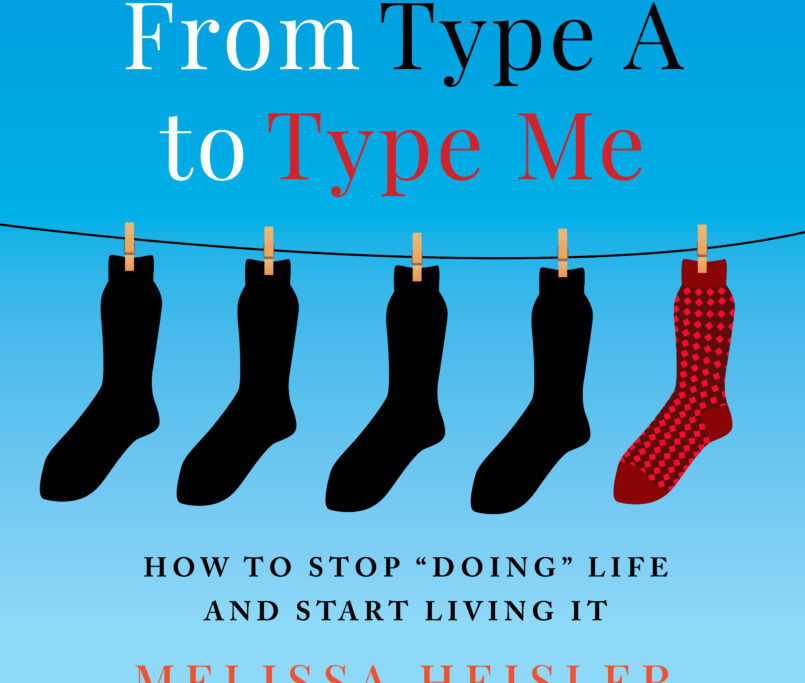But Nothing
When I had my first direct report as a marketing manager, one of the things I learned was how to provide feedback without using the word “but.” “You are doing well with your TPS reports, but you need to improve your numbers.” Most employees never hear or remember what is said before the “but.” They only hear the room for improvement that comes after the “but” which the employee often remembers as criticism. The same is true outside of the world of business. Whenever we use or hear the word “but,” we have the natural inclination to minimize the positive and only look at the negative.
As I am trying to improve my communication and my relationships, this April I set the goal to stop using “but.” First thing I realized was how often I use “but.” Whether I was talking to someone or appraising my current situation, I tend to negate the good by adding in a “but.” “Thank you for bringing me flowers, but I don’t have a vase to put them in.” “I love these tacos, but I shouldn’t eat so many.” I began to notice how I was diminishing or rejecting the good in my life by adding in a big “but.” Sometimes, I was diminishing my good because I felt guilty or undeserving of it. Other times I was simply unconsciously focusing on the negative as we all seem to do more frequently these days.

In becoming aware of my language, I also noticed how I would use a compliment before the “but” when I felt I could not be direct with someone. “I like your new car, but I wish you didn’t park in my space.” “You look really good in my shirt, but it would have been nice if you asked me before you wore it to paintball.” In many of these cases, my communication could have and should have been clearer and more direct. By hiding my intention after a “but,” I gave away my power and often was not fully and completely heard.
After becoming aware of how my “but” was getting in the way, I am now making a habit of replacing it with “and.” “And” is a powerful tool. Unlike “but” it allows each thought to stand strong without influencing the other. “And” gives equal weight to both thoughts. It does not give more power to one thought over the other. It does not use one thought to negate the other. “And” gives the speaker more power. It provides more clarity in expression. I find that it also takes out the judgment. Many times, my “but” was a subtle negative attack. When I had to use “and” it made me take ownership for both halves of the sentence. Often having to take this ownership stopped me from adding my big “but” where it didn’t belong.
Take a week to notice your “but.” How often do you use it? When and how? Are you using it to minimize the good? Are you using it for a subtle attack? Are you using it because you feel you can’t be direct? How does your meaning and communication change when you use “and” instead?




